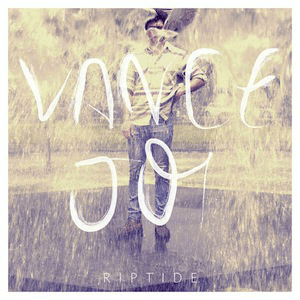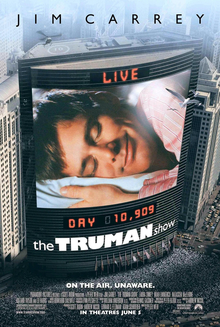Lists









9 Books
Books I Loved 📚
Sort by:
Recent Desc
More lists by Hanna Simpson



All Time Favorites 🎵
List includes: The Strokes, Spoon, Christian Leave
August 2022
0
@hannabananas
🔥Authors
List includes: F. Scott Fitzgerald, Albert Camus, Chuck Palahniuk
August 2022
0
@hannabananas



Shows to Watch 👀
List includes: Pushing Daisies, Californication, United States of Tara
August 2022
0
@hannabananas



Movies To See 🎬
List includes: The Big Lebowski, Charlie Bartlett, The Truman Show
August 2022
0
@hannabananas


